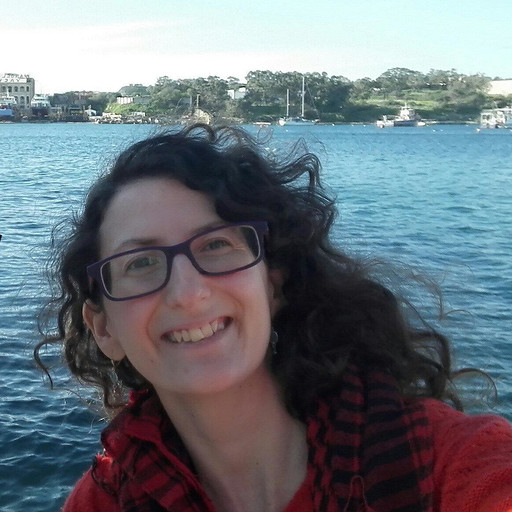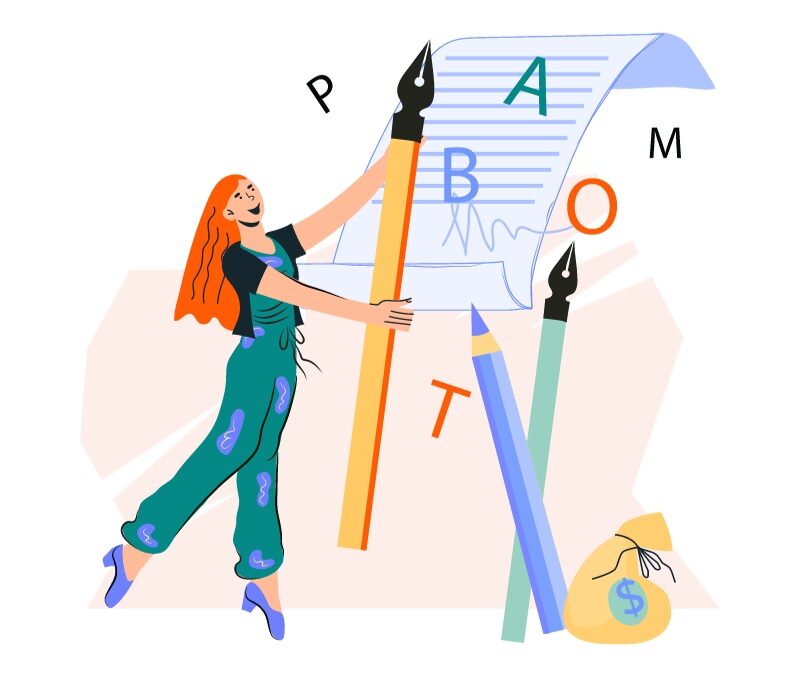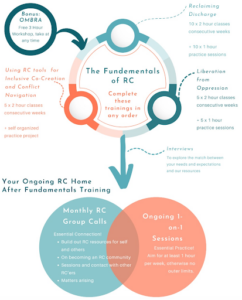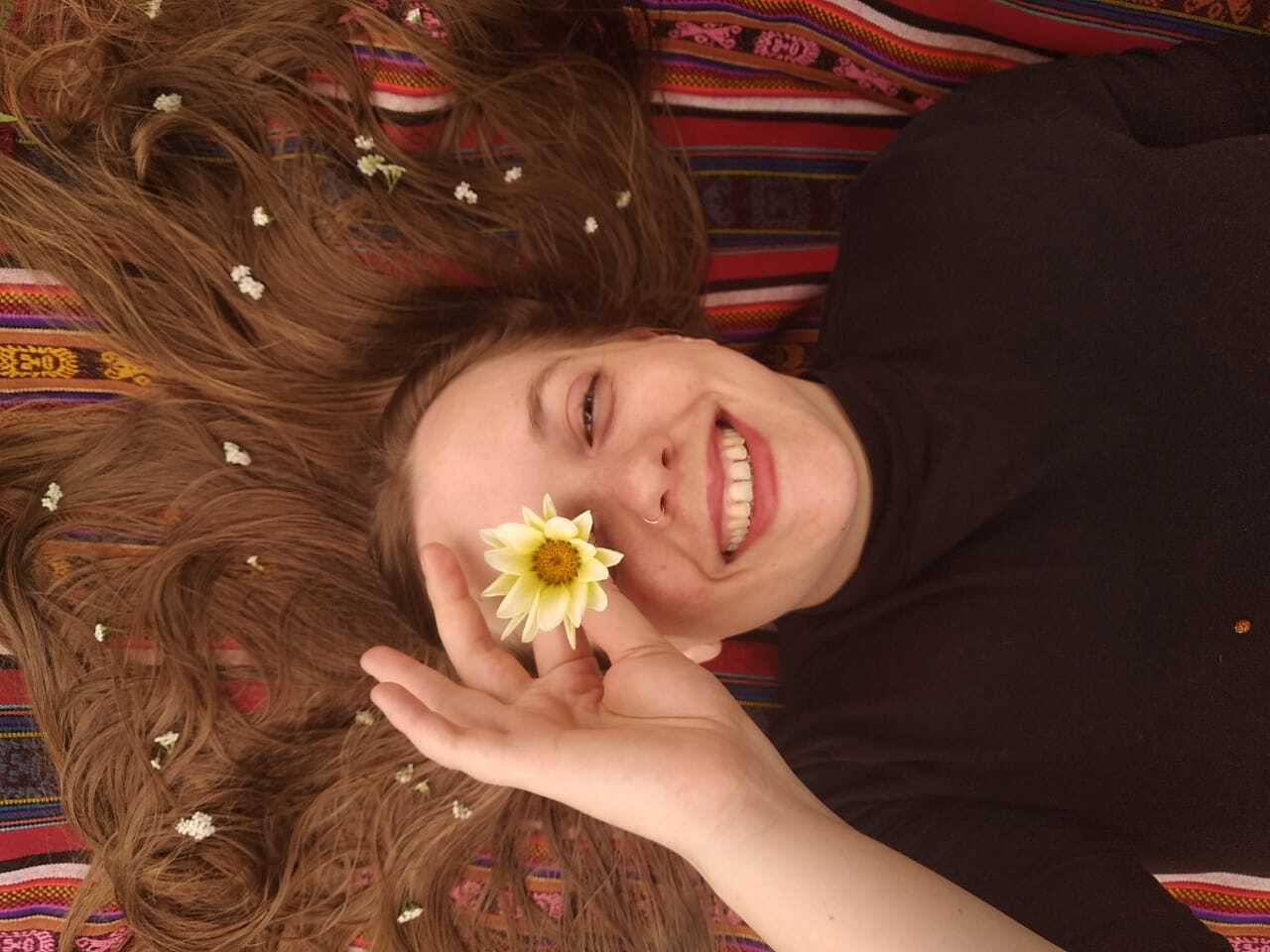Can Advocacy and Listening co-exist? the Art of Conversation (part 2)
First published on Medium – Aug 20, 2022, written by Aimee Fenech
Bringing my question whilst being myself, listening with my experience, my identity, my context and my emotional state.
When the starting point may already be laborious, in cases where we already know before sitting at the table that there is no shared language, for example, making it necessary for ground work to be done before any debate can really commence.
Even when we think we have a shared language, it may transpire that in fact we need to do the clarification work as we go along and to keep checking in to ensure we are on the same page.
If we take, for example, the term abortion, many of us will have our own understanding of this, and we use the word in our discourse as advocates for and against access rights to this procedure. Now consider that different countries legally allow for the termination of a pregnancy up until different stages, and here comes the use of additional terms in order to distinguish between these late-stage terminations at x weeks and early-stage terminations before x weeks. The weeks here are a determinant clarifying term in that as a people we share an undisputed understanding of the 7-day week. Early stage by itself is again not specific enough. Another scenario to consider is an incomplete miscarriage, which is when the pregnancy is terminated by the body, but the fetus is not expelled, and therefore a procedure is needed to remove the fetus. Here’s an example where clarification for an unfamiliar term is provided; that’s not to say it couldn’t benefit from further clarification.
Why do the details matter?
This process of clarification is essential to build a common base of understanding. Often public debate is not based on a common understanding and this is where a lot of energy is spent without arriving at any reasonable conclusion other than: “someone is wrong on the internet”. People shouting over each other, we leave debates with contempt and anger with each other and we perpetuate this over and over again.
Keeping abortion here as an example, this is critical because laws are defined to limit or increase access to this procedure. In some places, no type of abortion is legal, but people protest and express the right for access rights to be introduced as a right to health care.
Creating safe spaces on common understanding
Sitting with the other in discomfort is hard, but if we build a common base, there is already a part of us that feels safer, more grounded and perhaps more ready to be in conversation rather than waiting for the other to finish to have our turn.
Forming words and expressing ideas in a space which feels safe may bring to light things that may not be expected, even to ourselves.
Embodied mirroring and personal experience
Expressing how it feels in our body and how it reminds us of our experience brings people into a relational space, and this creates a container for being personal. For a more in-depth position beyond the expression of ideals and beliefs merely as a statement, but as a perspective built from experience.
Being present and sharing that for example: “Hearing you talk about your ideals and what that means to you, reminds me of the time when…. Hearing you say that I feel…”
What on your side are your troubled by and what do you find of value on the other side? —
Do we have to take sides?
Acknowledging that our position may not be totally for or totally against positions, but more nuanced in that we may agree on the yes when situations arise and not when limitations arise. Although we may advocate for a particular position, we may acknowledge that we still have questions, and we still need clarification to identify with these specific parameters.
For example, we may acknowledge that ethical production and consumption of food is something we advocate for, but we acknowledge that defining these parameters and the support needed around that needs further and more lengthy debate. Indeed, diverse action depending on the context, perhaps even an overhaul of the agri-food industry, and perhaps even economic and financial systems that need significant changes to get to the ideal state of ethically sustainably grown produce for all.
If we put the topic on the table and ask, “What if we view ourselves as a being that is not entrenched in the cause and rather view ourselves as independent individuals with our experiences that arrive here with curiosity?”, how might that change our experience of the debate? How do we see the other who is arriving here in the same spirit?
Below is a link to a podcast bringing together opposing views into a generative debate.
Aimee Fenech is a permaculture teacher and student, she is co-founder of Eco Hacker Farm and a project manager at Finca Verde where Permaculture principles are applied on a day to day basis. She is an experienced teacher, group process facilitator and public speaker, an advocate and activist for open source, open knowledge and passionate growing permaculture into the world. Within the International Permaculture CoLab she is an active members of many projects, circles and micro-enterprises.





